Are contactless cards a fraud risk even after being cancelled?
Transactions that are approved offline may still come out of a customer account
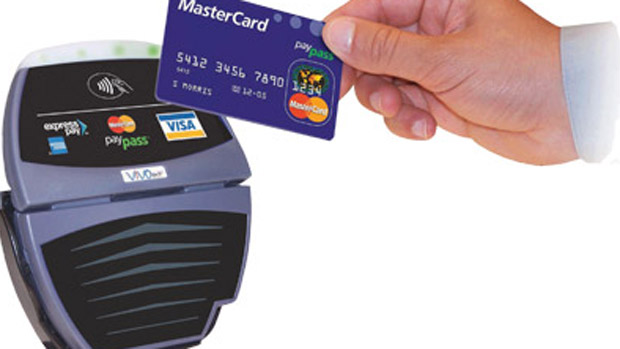
A free daily email with the biggest news stories of the day – and the best features from TheWeek.com
You are now subscribed
Your newsletter sign-up was successful
Cancelling your contactless credit or debit card may not prevent you falling victim to fraud, according to The Guardian.
The paper reports that an investigation has revealed many low-value transactions using the new technology are actually completed "offline" and then processed later. This means the purchases are not checked with the bank prior being approved and that a card can often still be used to buy goods even after it is reported missing or stolen.
According to a number of major banks, most cards are fitted with chips that occasionally require a transaction to be verified by a pin code to ensure the card is being used legally. Most also verify a purchase online immediately if it is above a certain value, with one bank saying the speedier process that does not include a check applies below around £15. The limit for contactless transactions is £30.
The Week
Escape your echo chamber. Get the facts behind the news, plus analysis from multiple perspectives.

Sign up for The Week's Free Newsletters
From our morning news briefing to a weekly Good News Newsletter, get the best of The Week delivered directly to your inbox.
From our morning news briefing to a weekly Good News Newsletter, get the best of The Week delivered directly to your inbox.
Of course, the loophole discovered in the report might still allow a significant sum of money to be taken – the Guardian highlights the case of Emma Hartley, who had £135 taken after she had reported her card stolen. As some banks require the customer to identify for themselves any transactions that have been committed fraudulently, there is also the general inconvenience that the issue could cause.
But the UK Cards Association has played down the apparent risks. It stressed that contactless card fraud is rare – accounting for only around 2p in every £100 spent, based on what is reported – and that the security features limit losses. Banks will also refund the money lost, with the likes of Barclaycard, Lloyds and Santander doing so automatically for transactions that occur after the card is cancelled.
Even if the risks are low, however, the potential will only add to concerns over the technology felt by those who fear the loss of tangible money. Earlier this year security issues were mentioned by 44 per cent of consumers in a survey into contactless cards by Lloyds Bank.
One of the worries that has been aired is that thieves might be able to use hidden readers to "grab" card details when next to someone making a transaction in a shop, say, which they can then use to spend without the account holder's knowledge. Again, the industry has dismissed the concerns by saying the data that could be gleaned is too limited to be of use in most cases.
A free daily email with the biggest news stories of the day – and the best features from TheWeek.com
-
 6 of the world’s most accessible destinations
6 of the world’s most accessible destinationsThe Week Recommends Experience all of Berlin, Singapore and Sydney
-
 How the FCC’s ‘equal time’ rule works
How the FCC’s ‘equal time’ rule worksIn the Spotlight The law is at the heart of the Colbert-CBS conflict
-
 What is the endgame in the DHS shutdown?
What is the endgame in the DHS shutdown?Today’s Big Question Democrats want to rein in ICE’s immigration crackdown
-
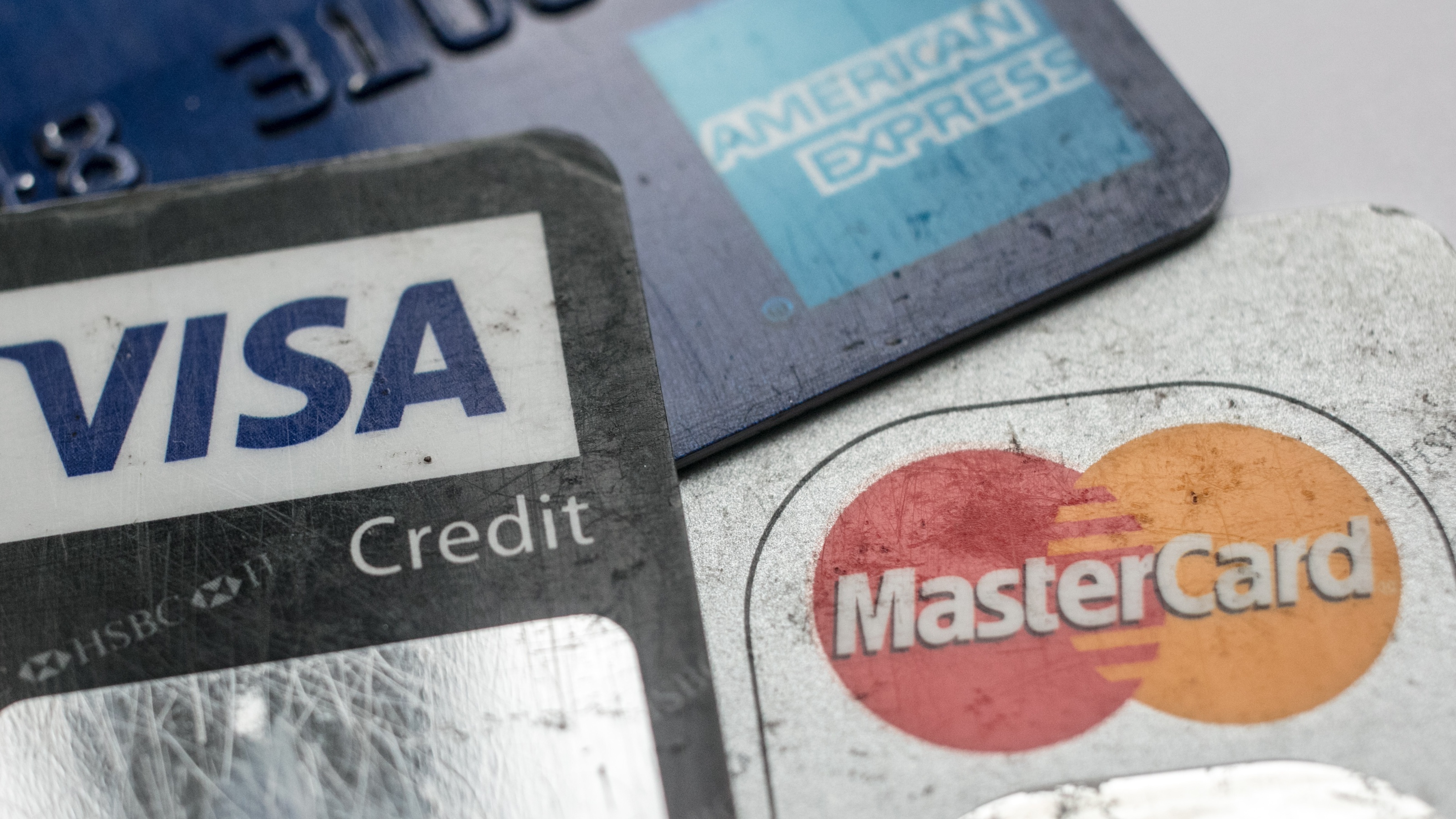 Brits keeping 21 million ‘money secrets’ from friends and family, survey reveals
Brits keeping 21 million ‘money secrets’ from friends and family, survey revealsSpeed Read Four in ten people admit staying quiet or telling fibs about debts or savings
-
 London renters swap cramped flats for space in suburbia
London renters swap cramped flats for space in suburbiaSpeed Read New figures show tenants are leaving Britain's cities and looking to upsize
-
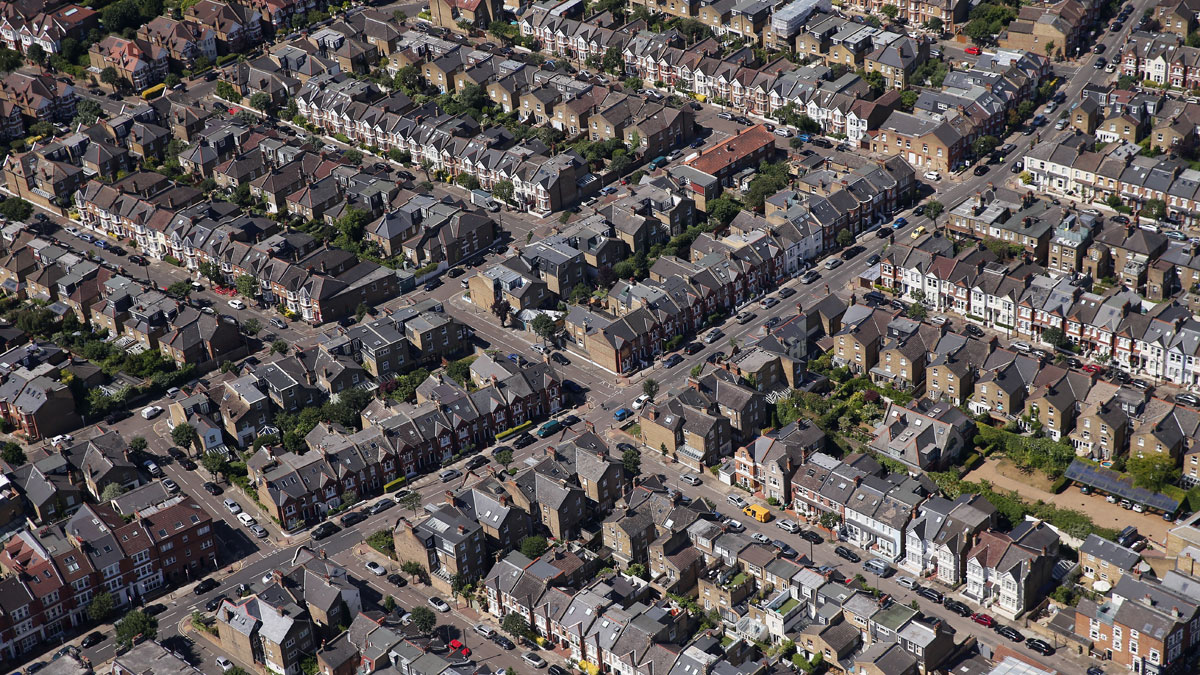 Should the mortgage holiday scheme have been extended?
Should the mortgage holiday scheme have been extended?Speed Read Banks warn that some homeowners may struggle to repay additional debt
-
 RBS offers coronavirus mortgage holidays
RBS offers coronavirus mortgage holidaysSpeed Read Taxpayer-owned bank follows measures taken in virus-struck Italy
-
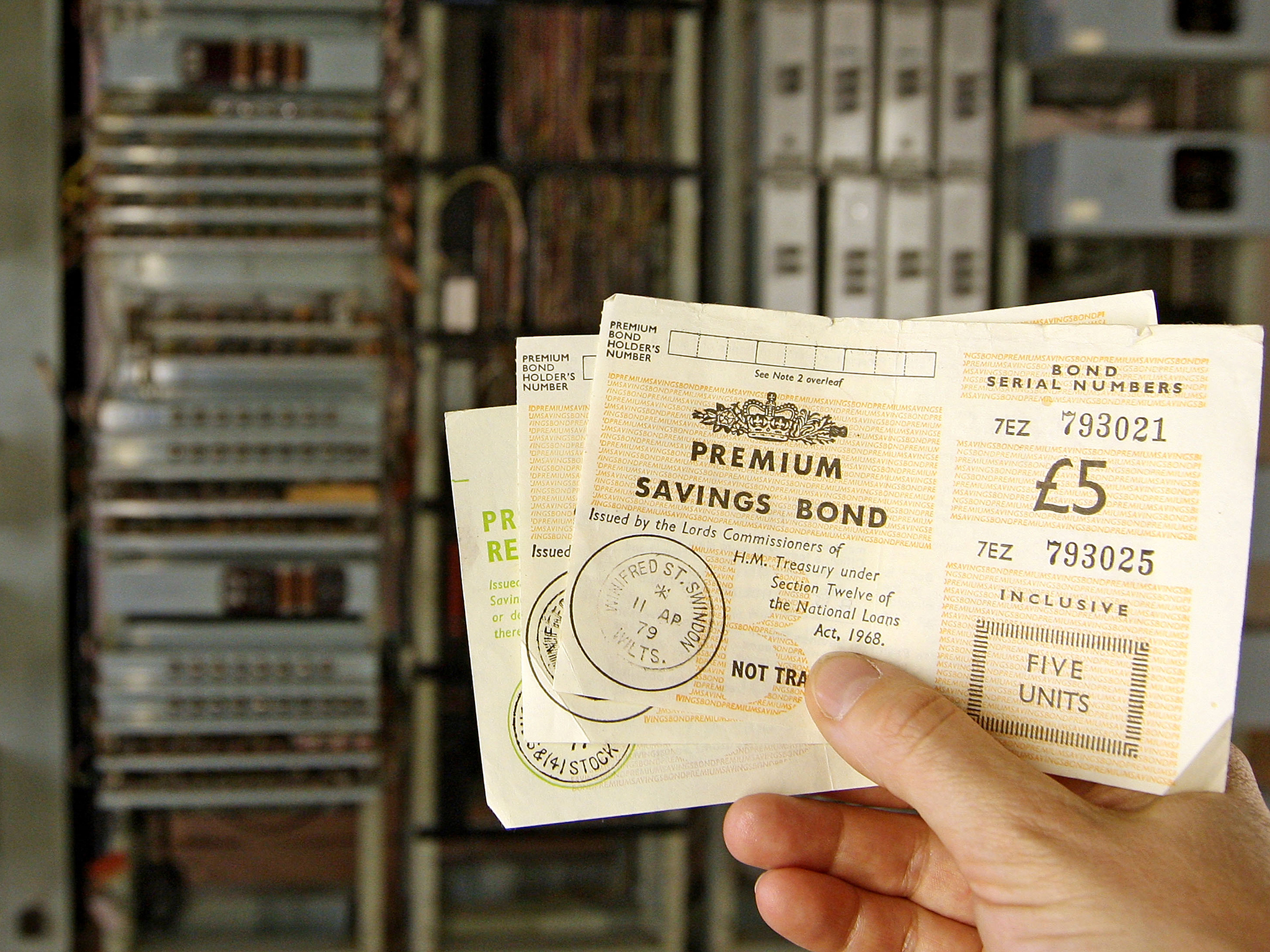 What are the changes to National Savings payouts?
What are the changes to National Savings payouts?Speed Read National Savings & Investments cuts dividends and prizes for bonds
-
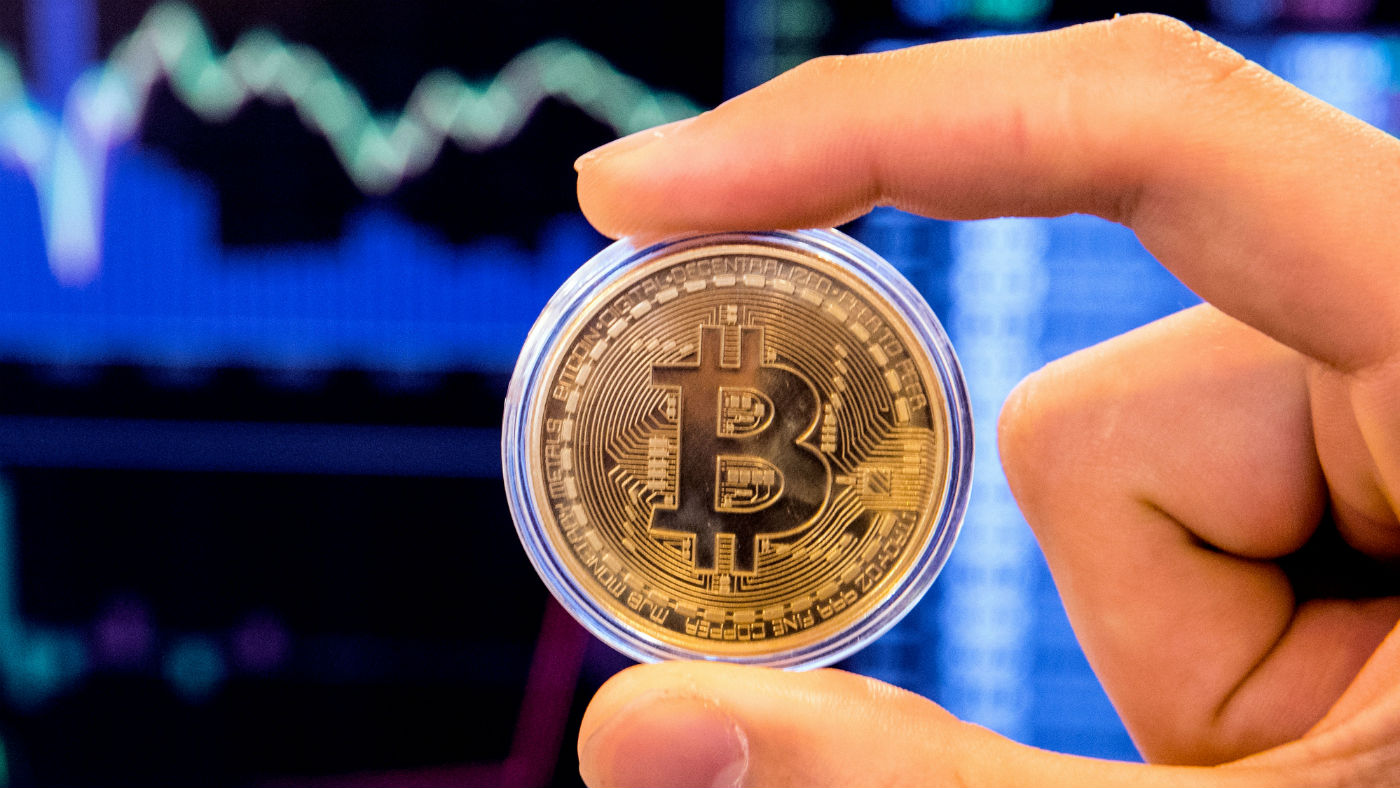 China clears path to new digital currency
China clears path to new digital currencySpeed Read Unlike other cryptocurrencies, Beijing’s would increase central control of the financial system
-
 Why are donations surging to the RNLI?
Why are donations surging to the RNLI?Speed Read Charity enjoys flood of funding after criticism for overseas work
-
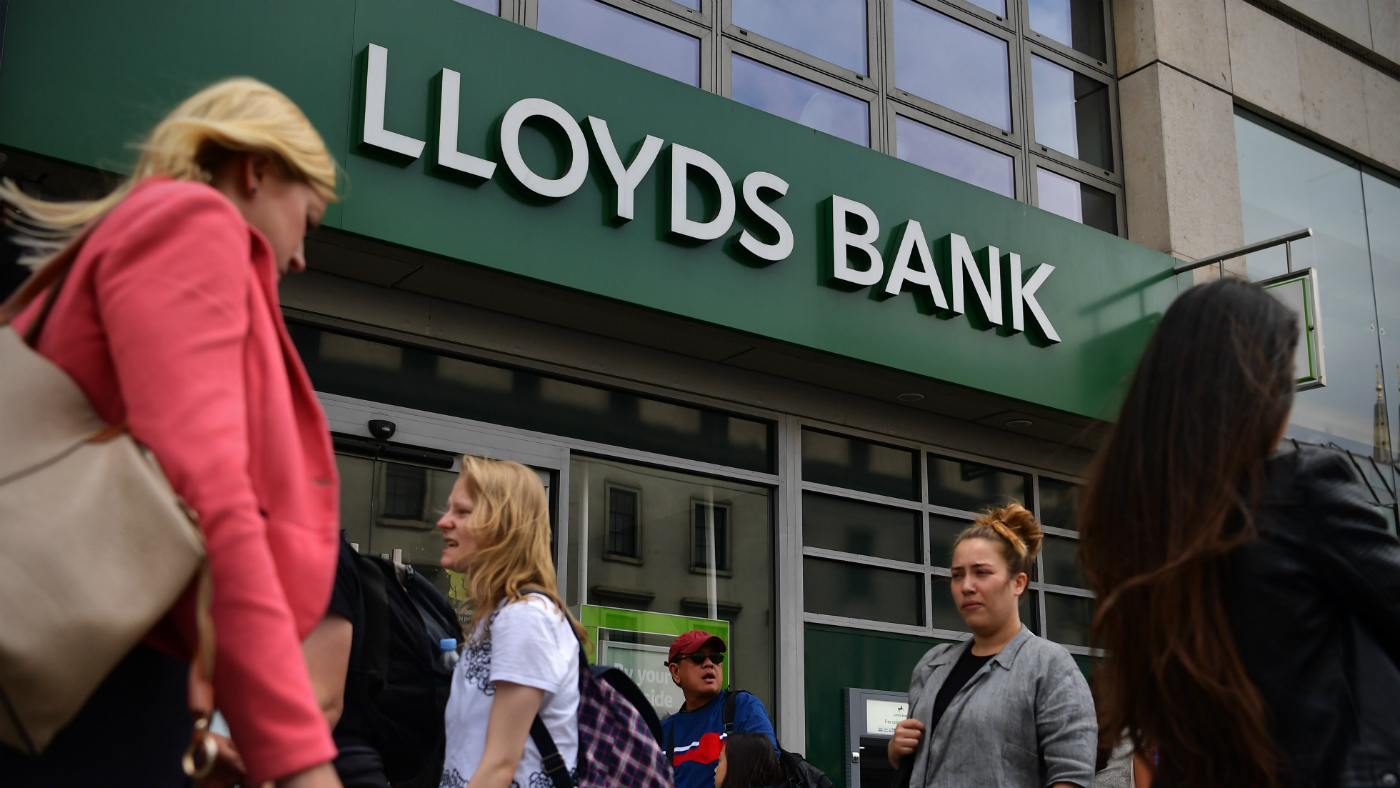 PPI deadline day: how to claim
PPI deadline day: how to claimSpeed Read Final chance for consumers to apply for compensation